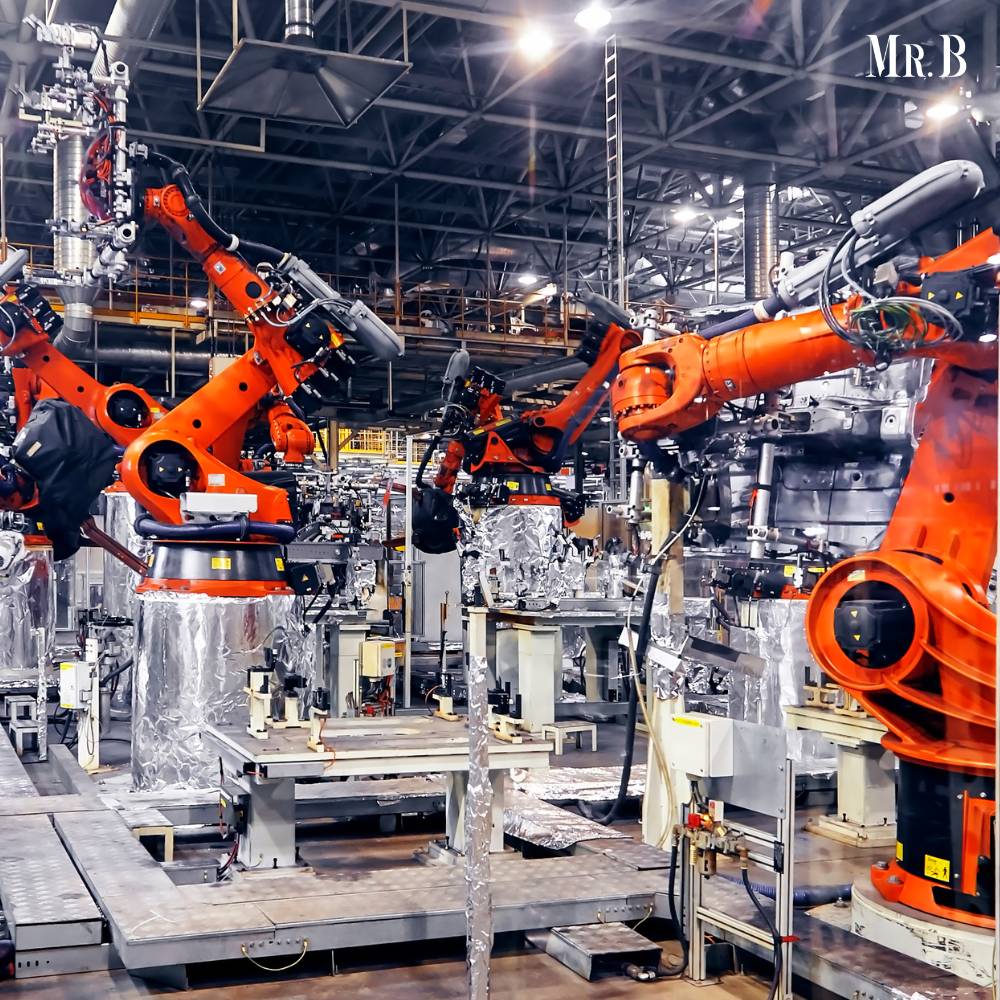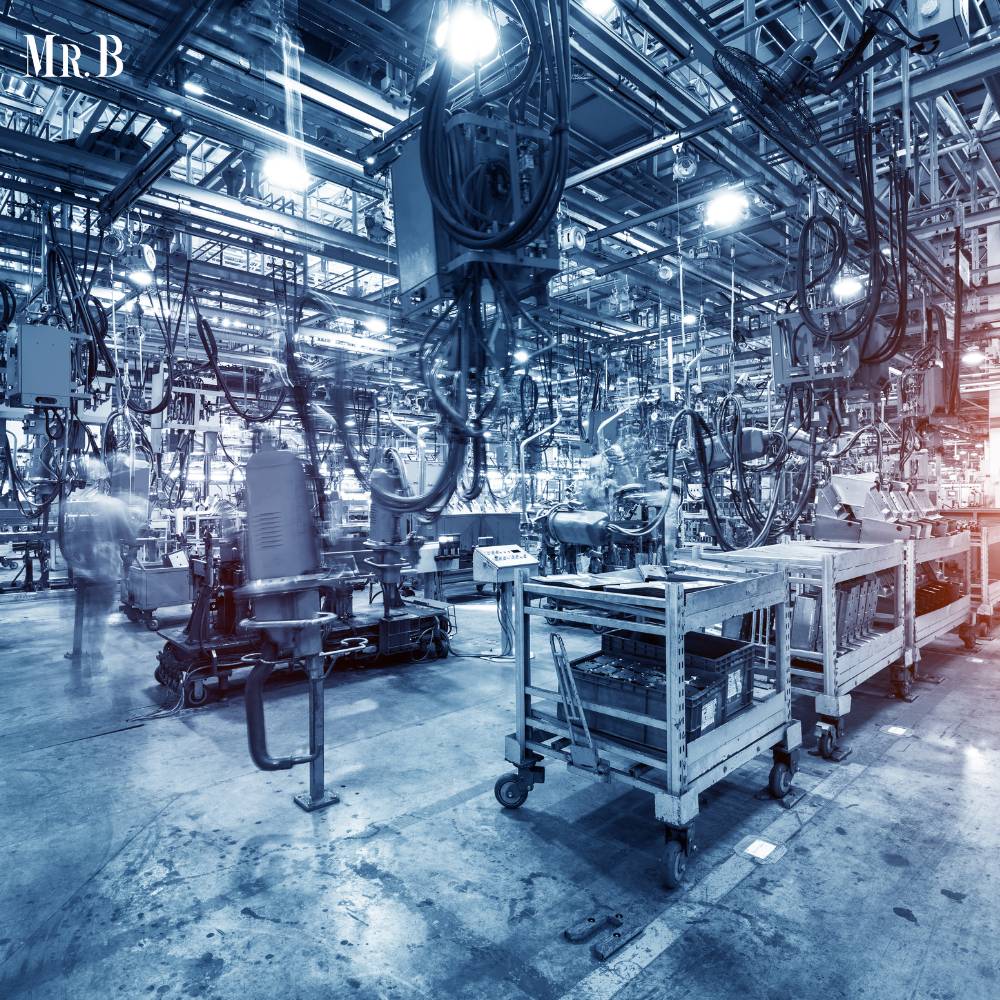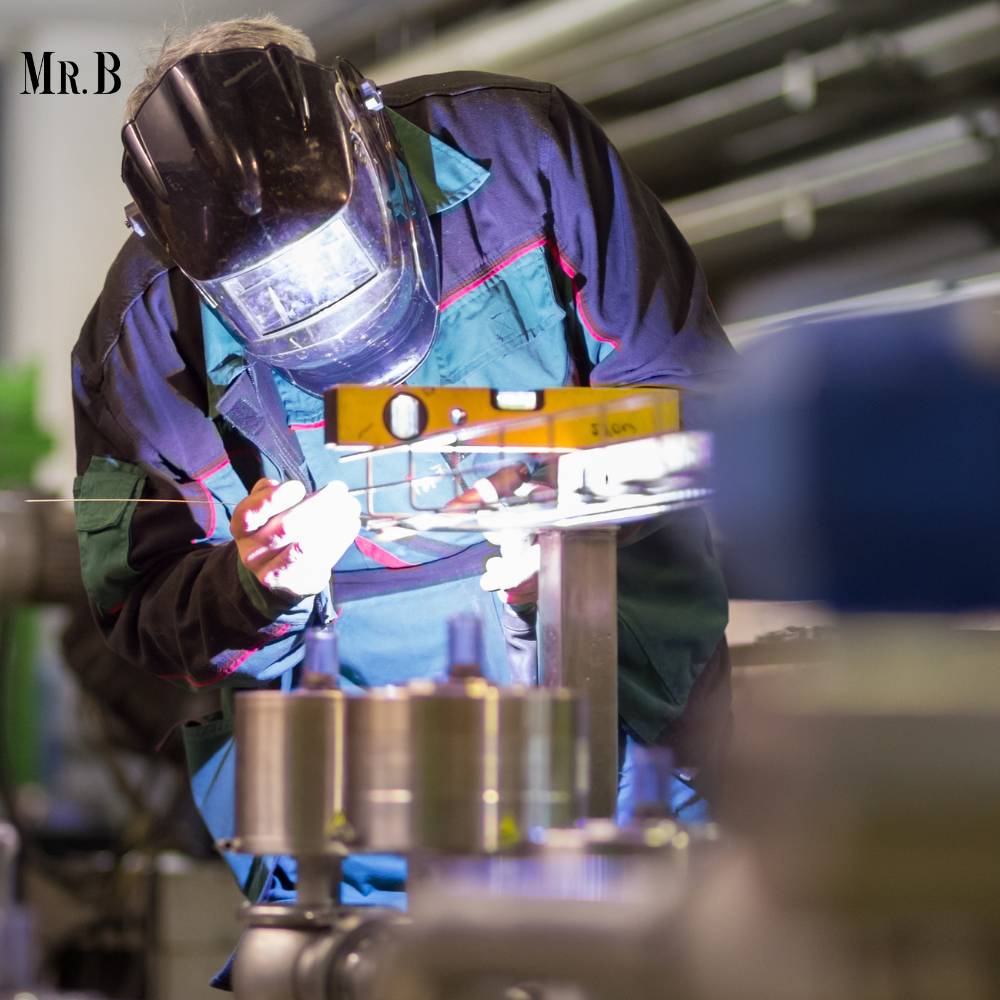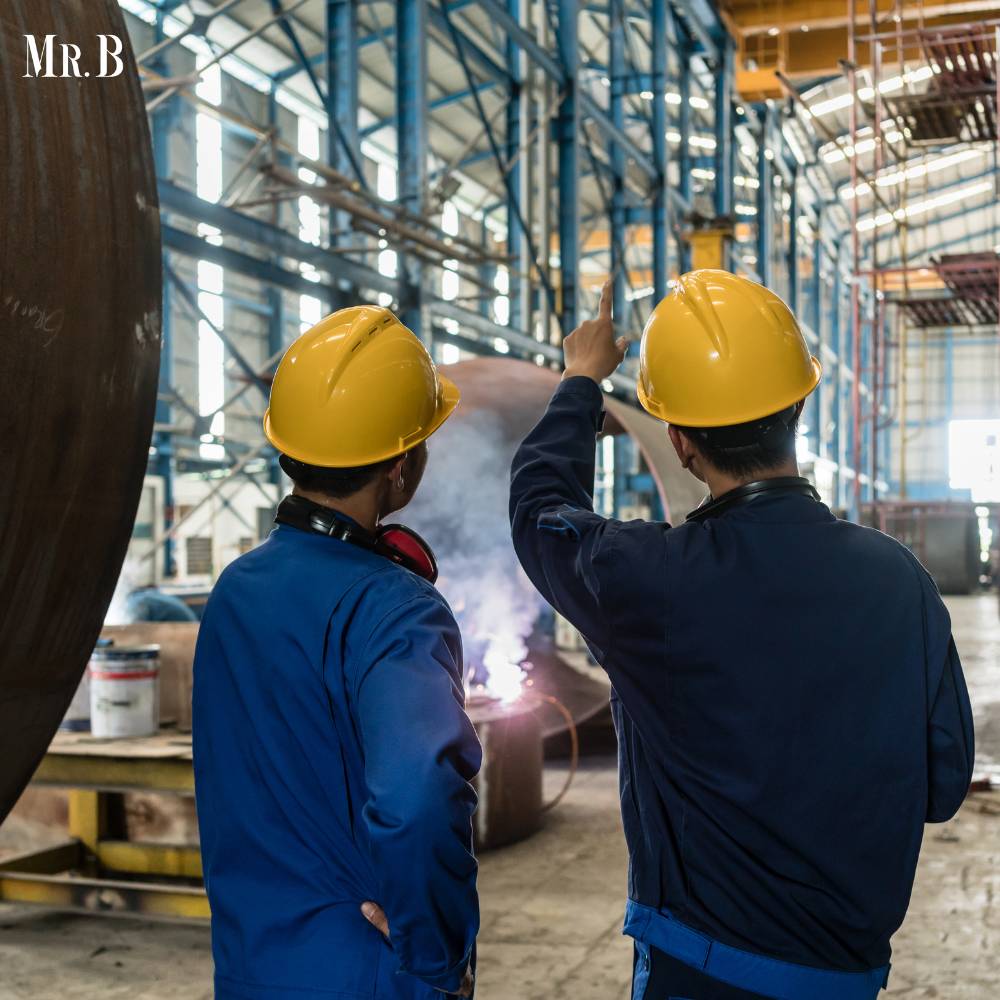In the intricate tapestry of modern construction, the role of a metal fabricator emerges as a crucial thread, weaving together precision, innovation, and structural integrity. This article embarks on a comprehensive exploration of the versatile world of metal fabricators, shedding light on their significance in the construction industry and beyond.
Defining the Metal Fabricator:
A metal fabricator is a skilled professional tasked with transforming raw metal materials into custom-designed components. This intricate process involves cutting, shaping, and assembling metal pieces to meet specific project requirements, ranging from simple structures to complex architectural elements.
The Diverse Applications of Metal Fabricators in Construction:
1.Structural Components:
Metal fabricators play a pivotal role in the construction of buildings and infrastructure by crafting essential structural components. Beams, columns, and frames are meticulously fabricated to meet structural specifications, ensuring the stability and safety of the built environment.
2.Architectural Features:
These fabricators contribute to the aesthetic appeal of structures by creating intricate architectural features. From decorative facades to ornamental railings, their craftsmanship enhances the visual impact of buildings while maintaining functionality.
3.Customized Solutions:
One of the key strengths of metal fabricators lies in their ability to provide tailor-made solutions. Whether it’s adapting to unique design requirements or addressing specific challenges, they bring a level of customization that sets them apart in the construction process.
4.Industrial Fabrication:
Beyond traditional construction, they also serve industries requiring specialized components. This includes manufacturing equipment, conveyor systems, and other industrial structures where precision and durability are paramount.

The Process of Metal Fabrication:
1.Design and Planning:
They collaborate closely with architects and engineers during the design phase, ensuring that the proposed metal components align with the project’s specifications and requirements.
2.Material Selection:
Choosing the right metal for the job is a crucial aspect of metal fabrication. The selection may vary based on factors such as strength, corrosion resistance, and the intended application.
3.Cutting and Shaping:
It employs various cutting and shaping techniques, including laser cutting, welding, and bending, to transform raw metal sheets or bars into the desired forms.
4.Assembly and Welding:
Assembled components are meticulously welded together, creating a seamless and sturdy structure. The welding process is executed with precision to ensure the integrity of the final product.
5.Quality Control:
These fabricators adhere to stringent quality control measures throughout the fabrication process. This includes inspections, measurements, and testing to guarantee that the final components meet industry standards.
Advantages of Collaborating with Metal Fabricators:
1.Precision and Expertise:
These fabricators bring a high level of precision and expertise to construction projects, ensuring that metal components meet stringent quality standards and specifications.

2.Cost-Effectiveness:
Customized solutions from these fabricators often result in cost-effective outcomes. Tailoring components to fit specific needs minimizes waste and optimizes the use of materials.
3.Timely Project Delivery:
They contribute to project timelines by efficiently delivering components. Their expertise in the fabrication process ensures that deadlines are met without compromising quality.
4.Durability and Longevity:
The fabricators prioritize the use of durable materials and employ robust fabrication techniques, contributing to the longevity and resilience of the constructed structures.
5.Versatility in Design:
The collaboration with metal fabricators opens doors to versatile design possibilities. Whether it’s creating intricate architectural details or unique structural elements, the customization options are vast.
What are the duties of a metal fabricator?
1.Material Selection:
A fundamental duty of a metal fabricator is to select the appropriate materials for the job. This involves a keen understanding of the project’s requirements, considering factors such as strength, corrosion resistance, and the intended application.
2.Blueprint Interpretation:
They work closely with architects and engineers to interpret blueprints and technical drawings. This crucial step involves translating design specifications into tangible metal components, ensuring that the final product aligns with the project’s vision.
3.Cutting and Shaping:
Metal fabricators employ a variety of cutting and shaping techniques, including laser cutting, welding, and bending. This hands-on aspect of the job requires precision and attention to detail, transforming raw metal sheets or bars into the desired forms outlined in the blueprints.
4.Welding and Assembly:
The assembly of components is a meticulous process that involves welding. Metal fabricators skillfully join individual pieces, creating a seamless and robust structure. The welding process requires expertise to ensure the integrity and durability of the final product.
5.Quality Control:

Rigorous quality control measures are a cornerstone of a metal fabricator’s duties. Throughout the fabrication process, they conduct inspections, measurements, and testing to guarantee that the components meet industry standards and adhere to the project’s specifications.
6.Customization:
They excel in providing customized solutions. Whether adapting to unique design requirements or addressing specific challenges posed by a project, their ability to tailor components sets them apart, contributing to the versatility and adaptability of their work.
7.Problem Solving:
Metal fabricators often encounter challenges that require problem-solving skills. Whether it’s addressing unforeseen issues during fabrication or finding innovative solutions to meet complex design requirements, adaptability and critical thinking are essential.
FAQs:
Q.1. What is a metal fabricator?
A metal fabricator is a skilled professional responsible for transforming raw metal materials into custom-designed components for various applications, including construction and industrial projects.
Q.2. What does the metal fabrication process involve?
The metal fabrication process includes design and planning, material selection, cutting and shaping, assembly and welding, and rigorous quality control measures to ensure precision and durability.
Q.3. Why collaborate with metal fabricators in construction?
Collaborating with metal fabricators ensures precision, expertise, cost-effectiveness, timely project delivery, and the creation of durable structures with versatile design possibilities.
Q.3. What materials are commonly used in metal fabrication?
Common materials used in metal fabrication include steel, aluminum, stainless steel, and other alloys, chosen based on specific project requirements such as strength, corrosion resistance, and application.
Q.4. How do these fabricators contribute to the industrial sector?
Metal fabricators play a vital role in the industrial sector by manufacturing custom components for industrial equipment, conveyor systems, and other structures requiring precision and durability.
Conclusion:
In the symphony of construction, the metal fabricator is the virtuoso, orchestrating precision, creativity, and functionality. As the construction industry continues to evolve, the collaboration with it remains a cornerstone, ensuring that structures not only stand tall but also embody the artistry and expertise of those who craft them.
Curious to learn more? Explore this Article on: Mr. Business Magazine








